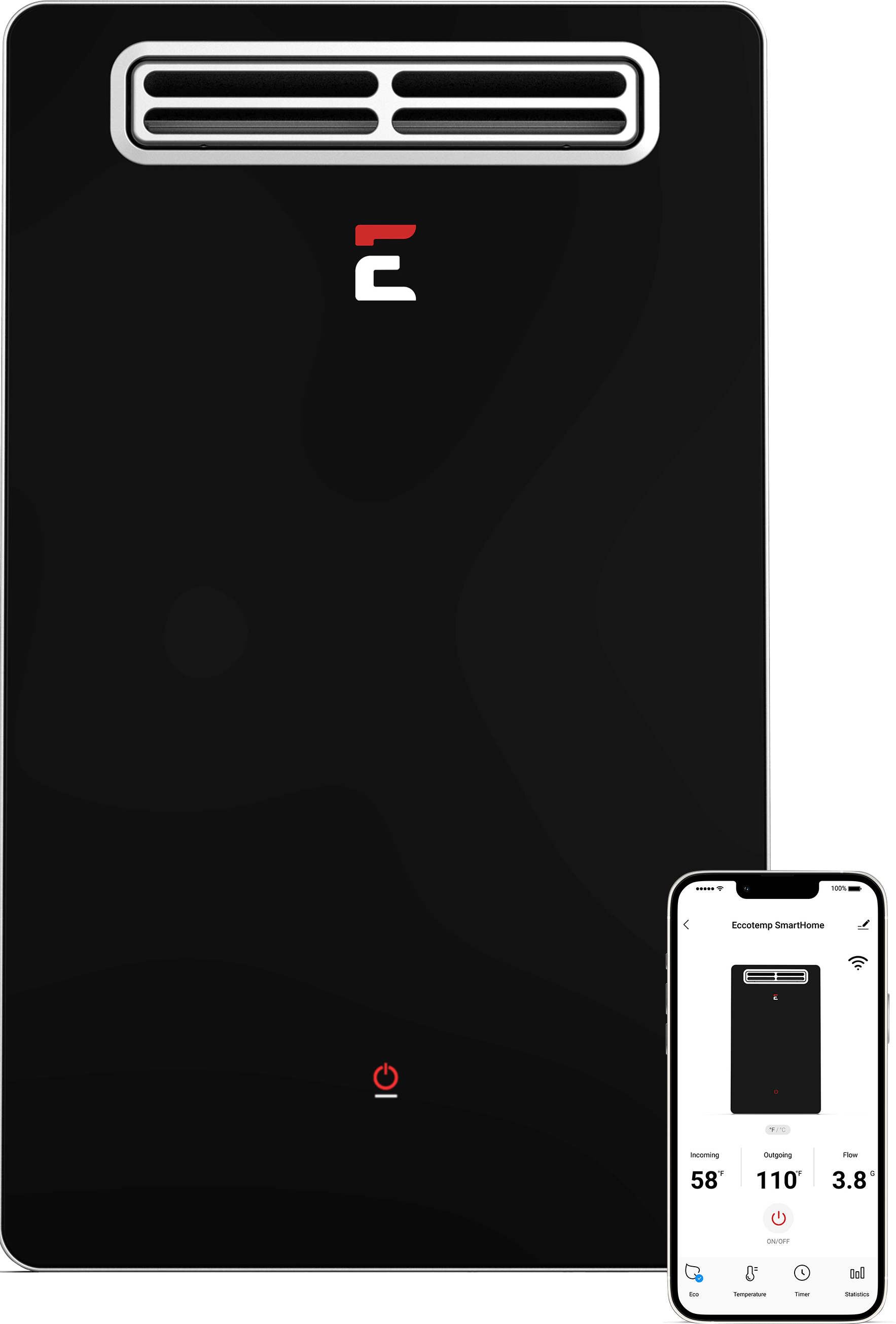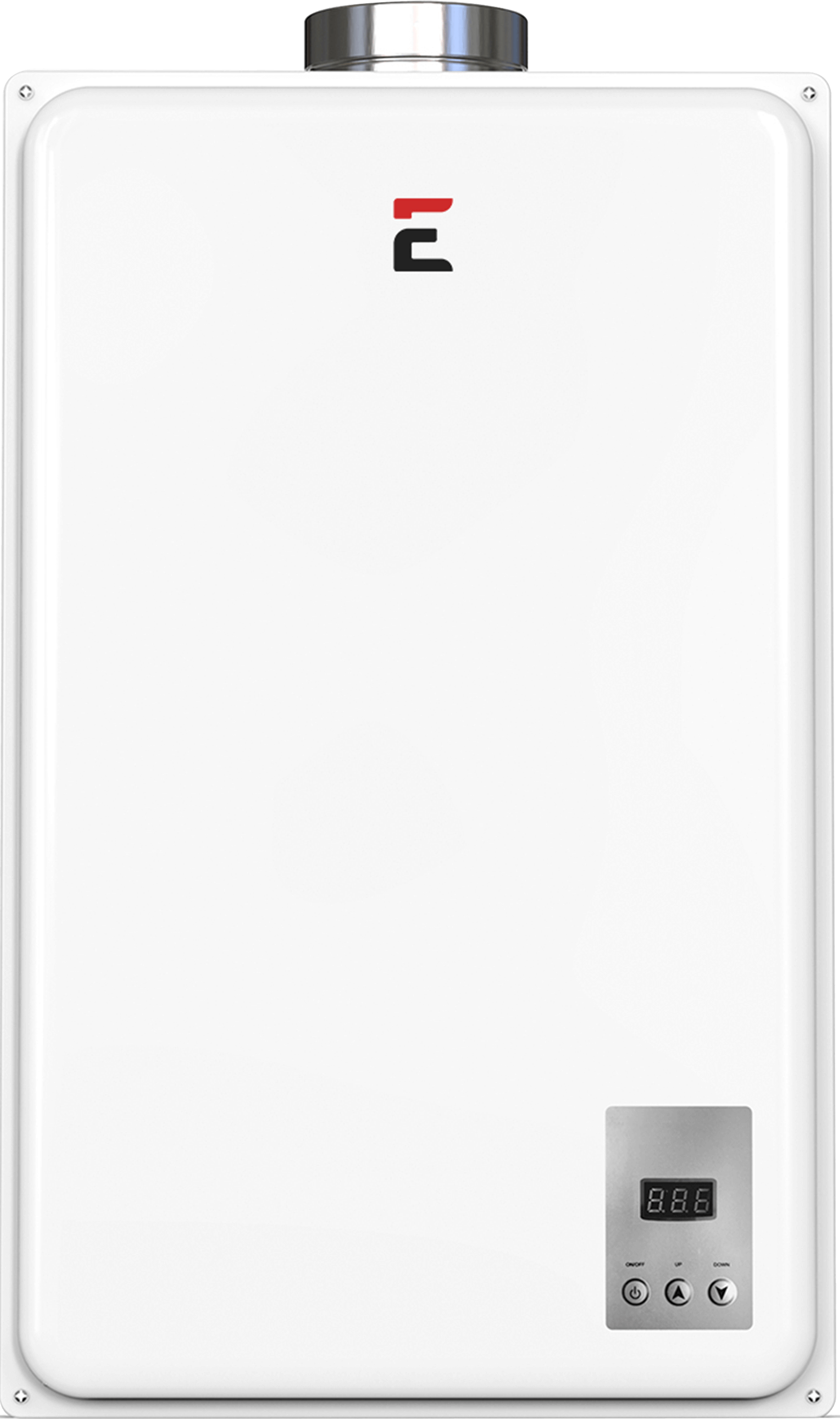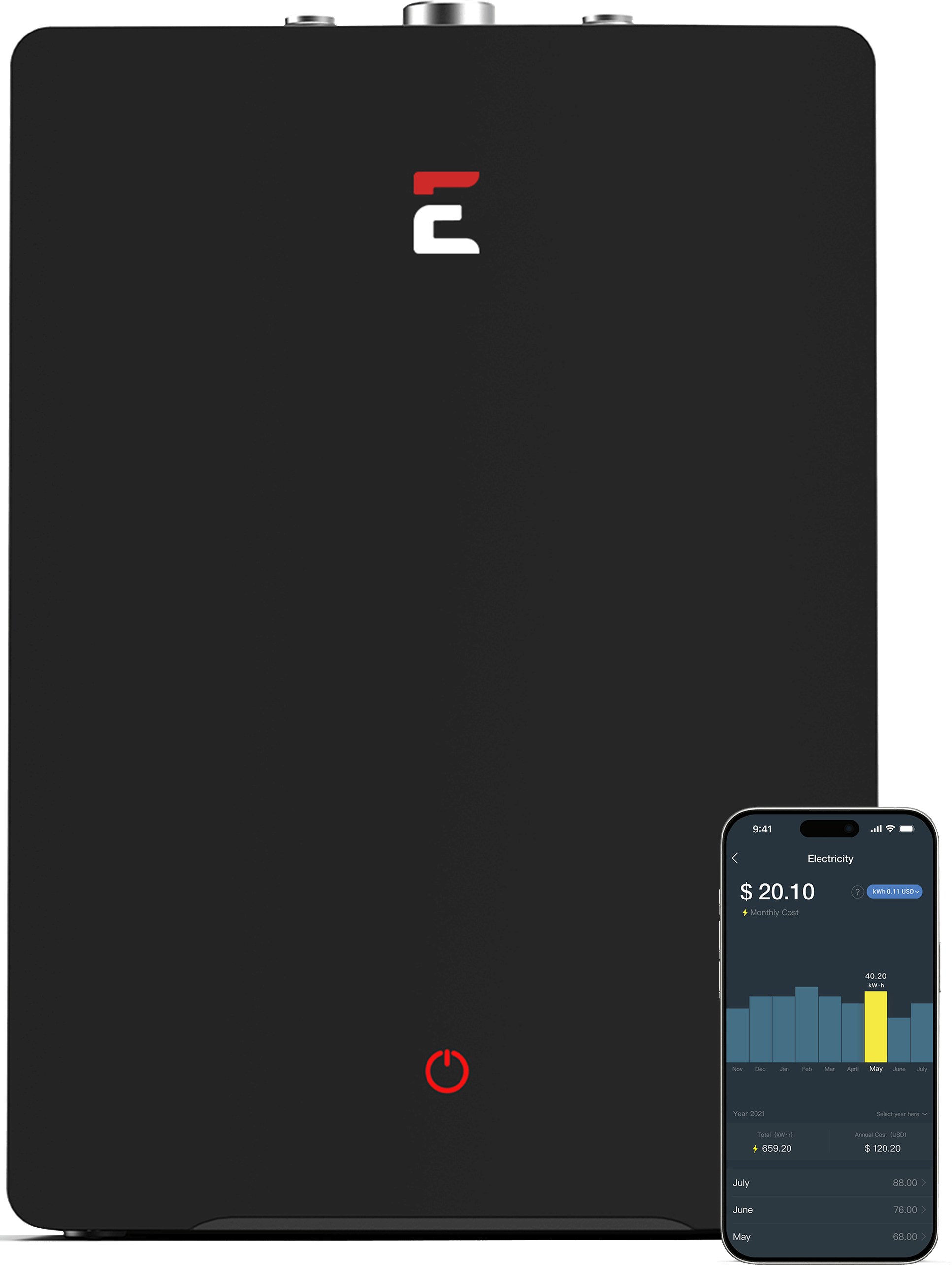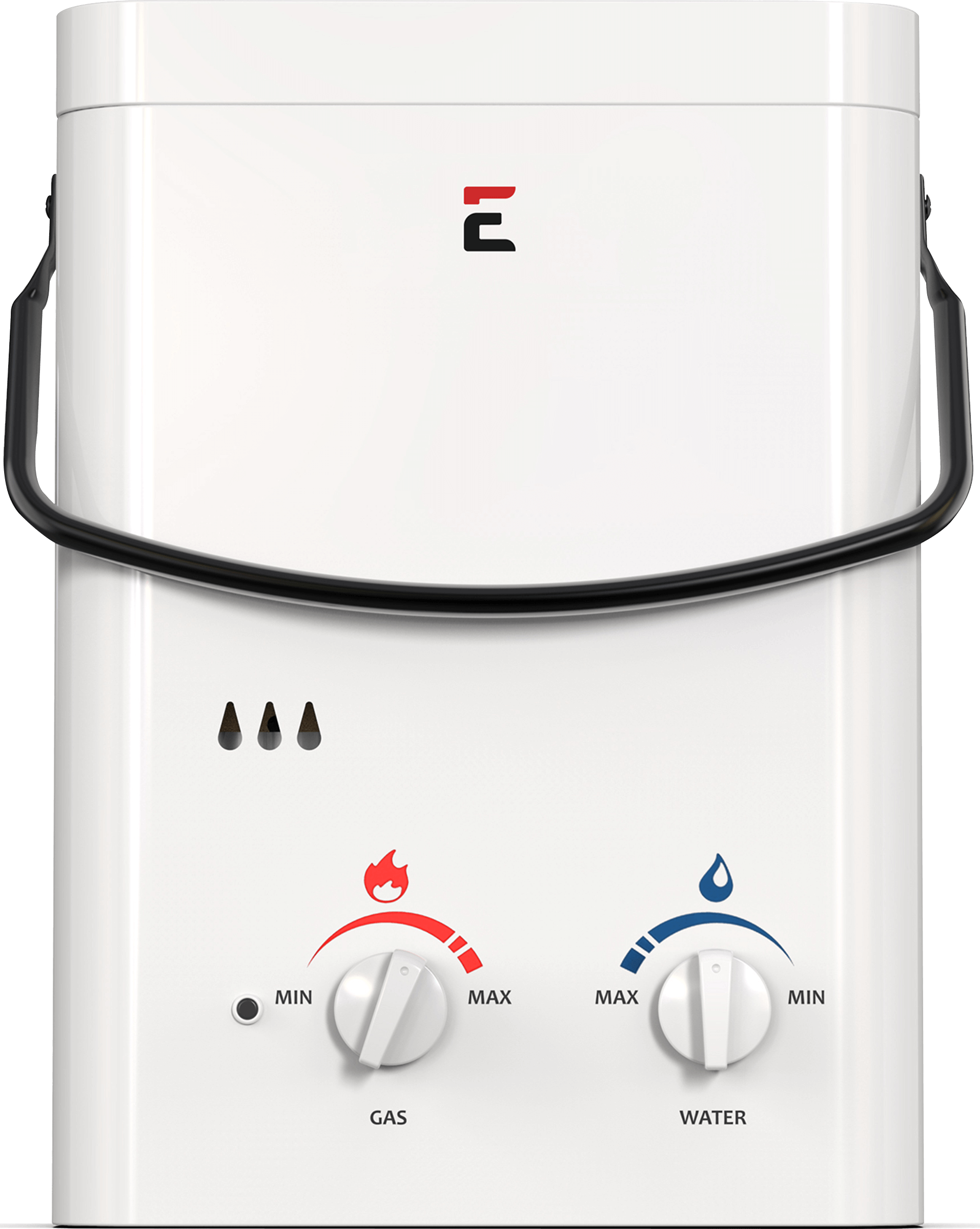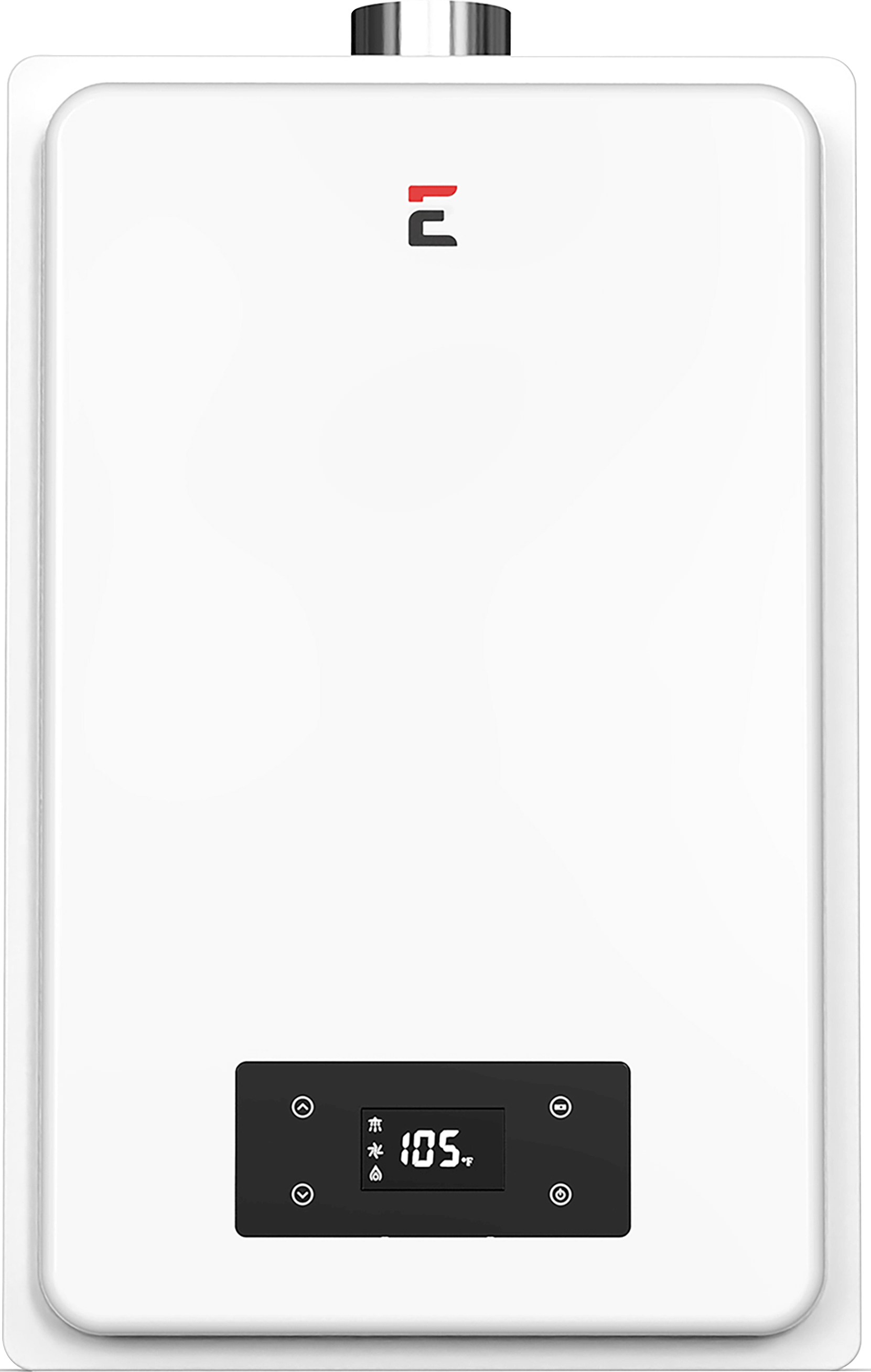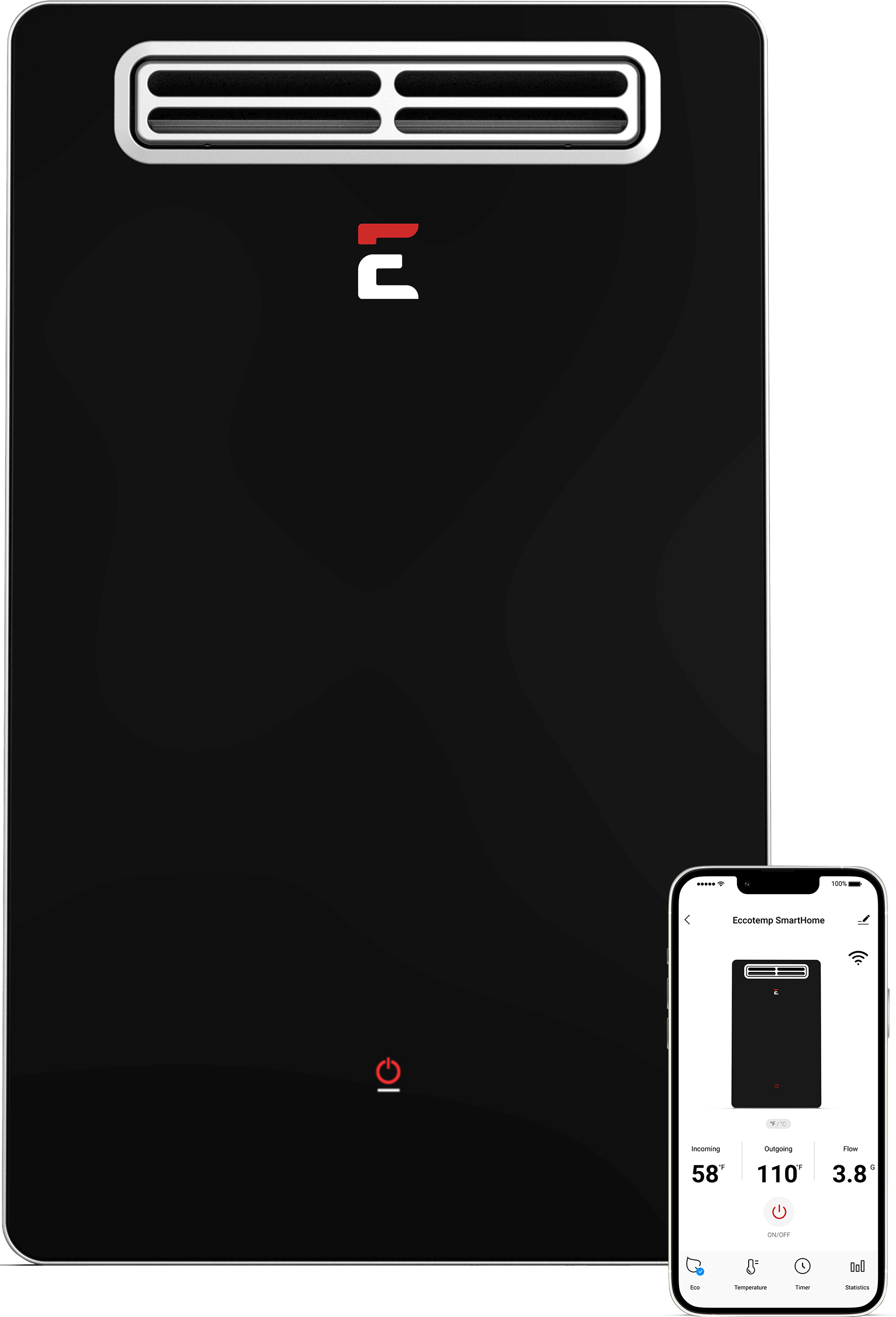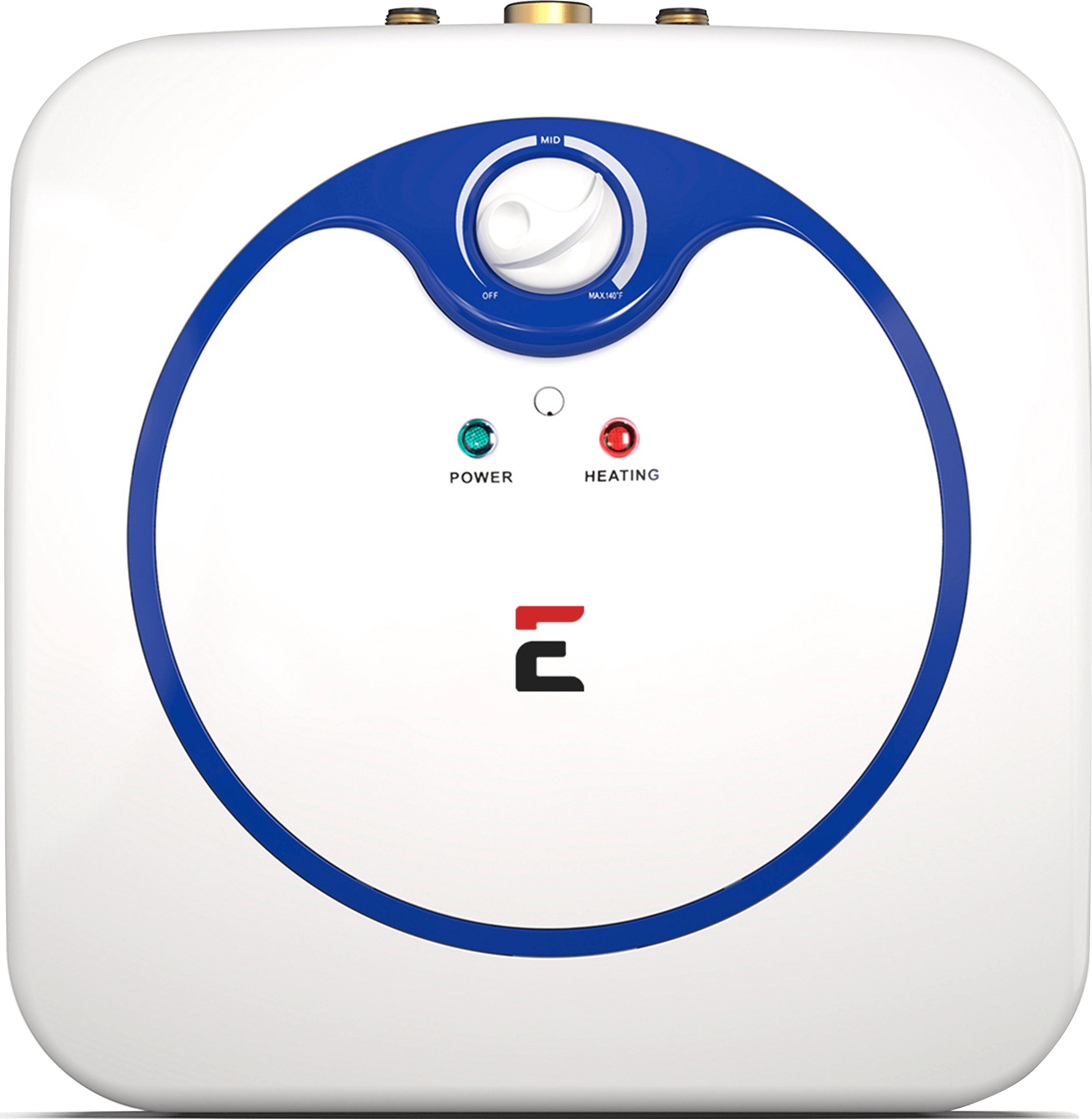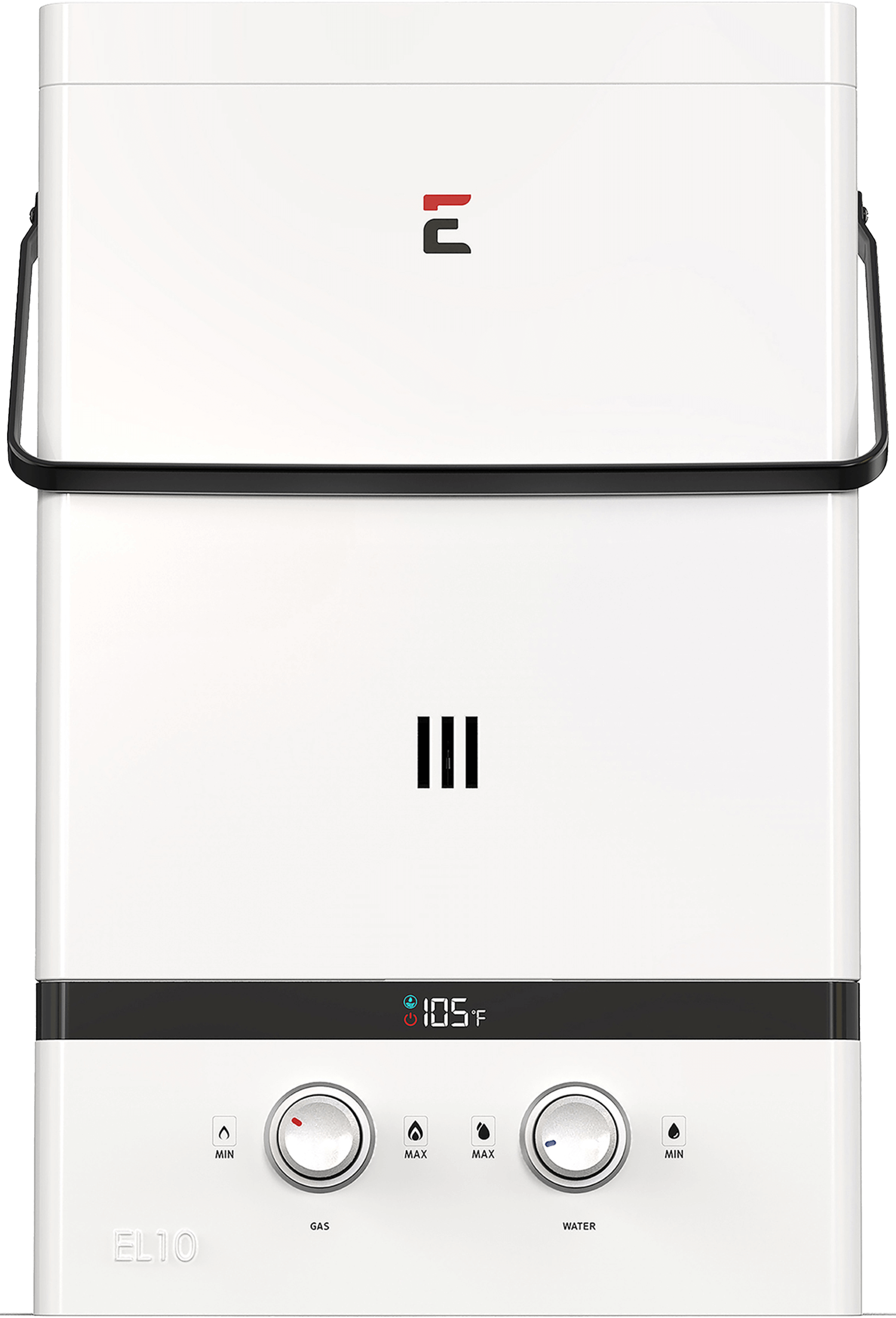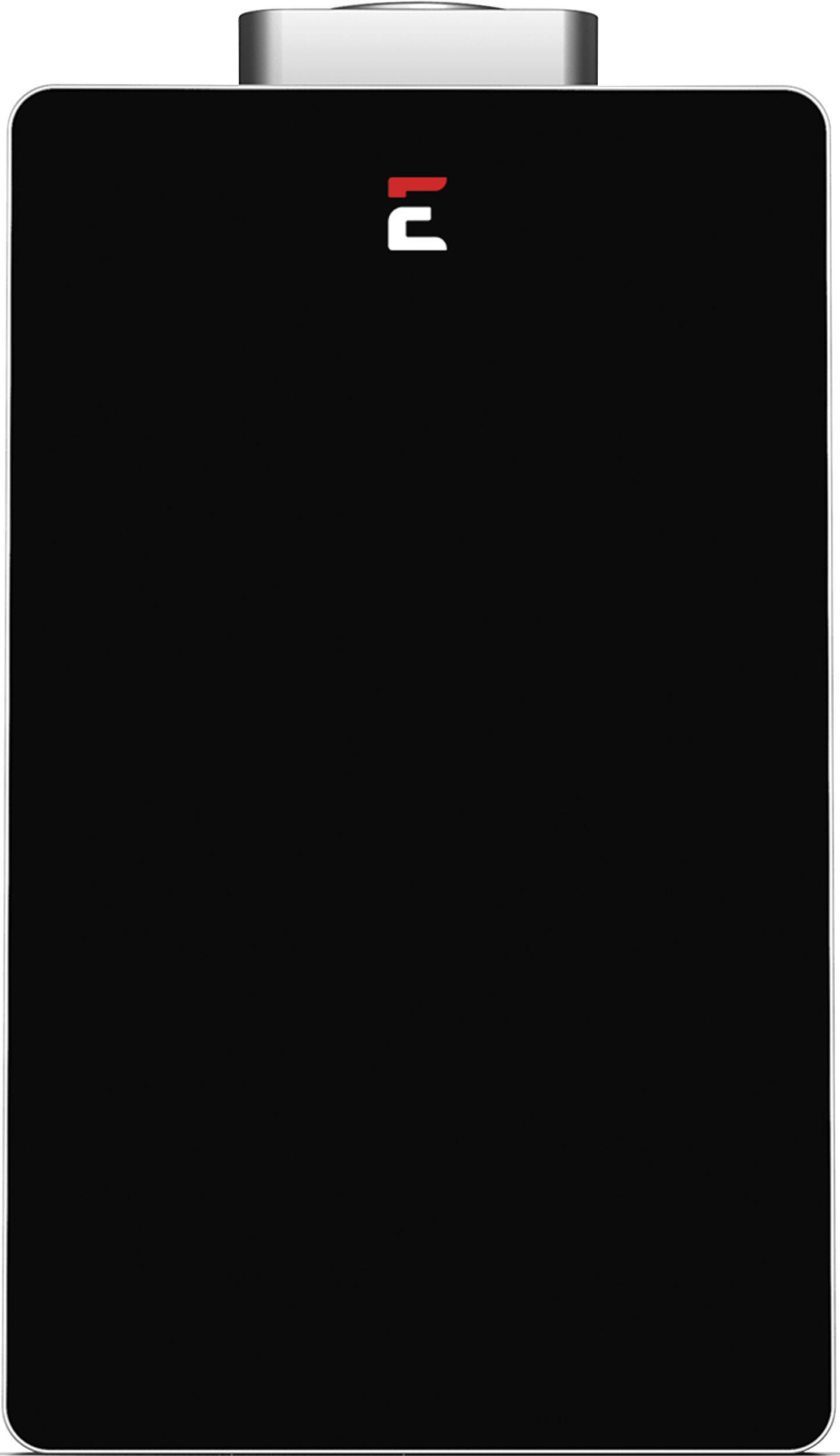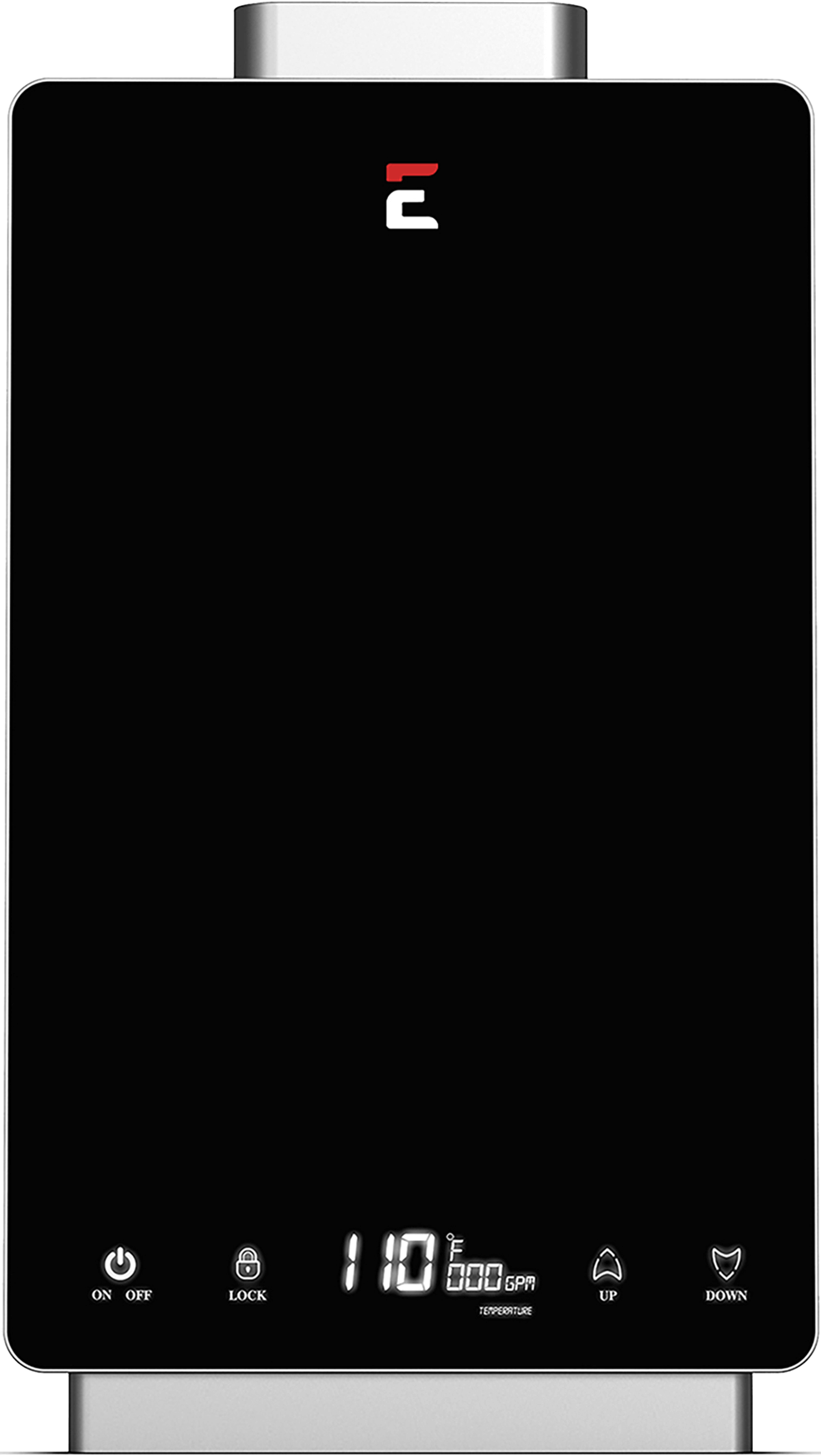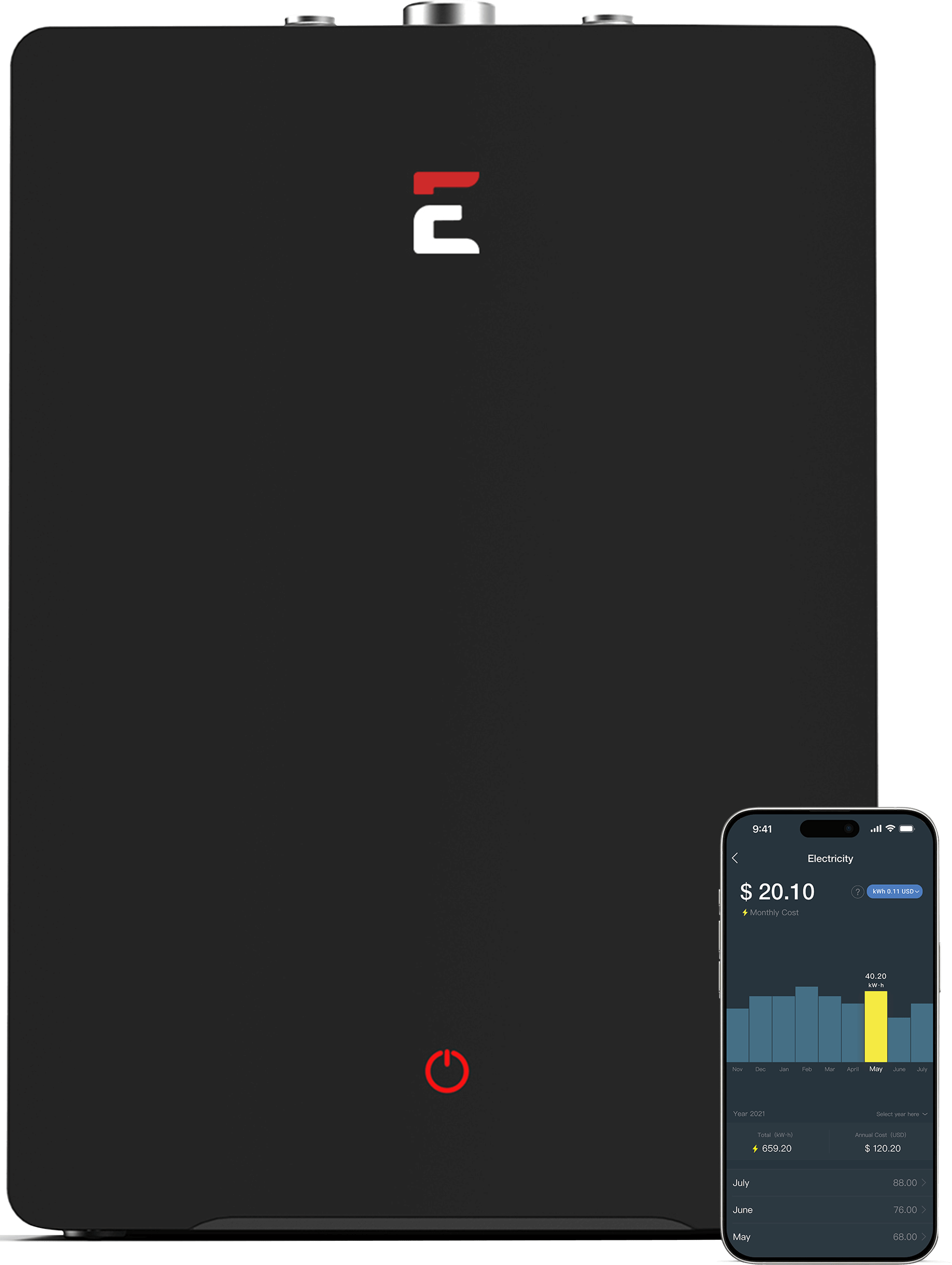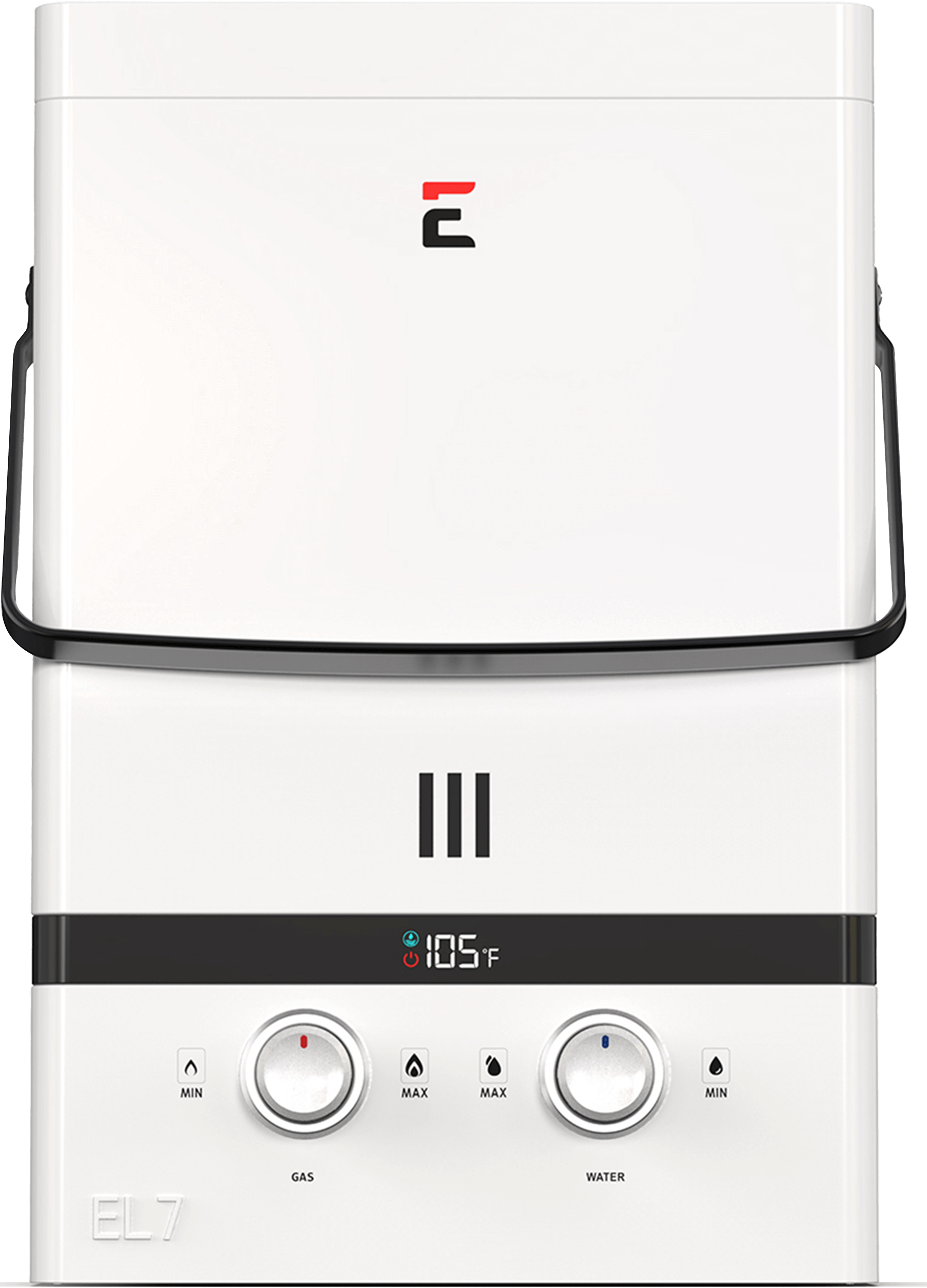Horse Grooming Made Easy
When it comes to equestrian grooming, dry brushing and hoof maintenance should be done every day. One of the most important ways to make this routine easier is to make sure your horse feels comfortable and safe. Here are a few steps you can take to make more enjoyable for both you and your horse.
Often, this starts with first being aware of your mood. If you’re stressed, or if you treat routine grooming as a dreaded chore, your horse might pick up on that tension and perceive you as a threat. If you approach grooming and bathing as a time of bonding, your horse will be more relaxed and cooperative.
The most obvious way to keep your horse calm is avoiding sudden moves that might spook him. Gradually let him get used to your touch, especially when you approach sensitive areas. Pay careful attention to his body language. Be aware of subtle cues that your horse is stressed or is building up tension.
Dry groom your horse, brushing away most of the dirt and debris. Start with the easy parts like the back and sides, then work your way to the more sensitive areas.
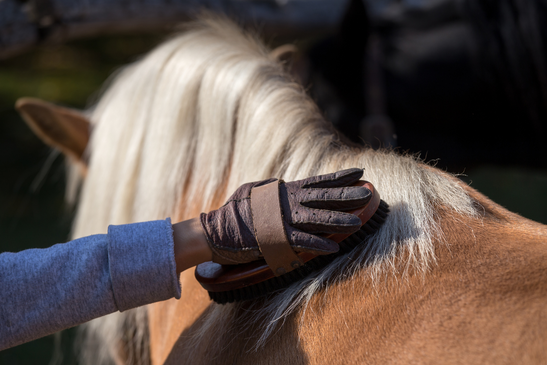
Here’s what you’ll need:
- Curry Comb
- Stiff bristle brush
- Body brush
- Hoof pick
Step One: Curry Comb
A curry comb is typically made of rubber. It can be used all
over the body, but not on the face or other sensitive areas. Use it to gently
exfoliate with a firm, gentle pressure in a circular motion, to loosen and
bring any debris out to the surface.
Step Two: Stiff Bristle Brush
Next, use a stiff bristle brush (“Dandy brush “) to brush
away the dirt, hair, etc. that was loosened by the curry comb. Use a sweeping
motion in the direction of the hair growth.
Step Three: Soft Brush
Use a soft brush (“body brush”) for sensitive areas like the
face, the underside your horse, and the legs. Use the same kind of sweeping
motion in the direction of the hair.
Step Four: Hoof Pick
Use the hoof pick to remove any stones, mud and other debris
that collected in the V-shaped “frog” area at the bottom of each foot. Make
sure you don’t just grab a leg and start picking away at their hooves. Carefully
run your hand down the horse’s leg and then lift the foot.
Step Five: Smooth and De-Tangle
Finally, brush the mane, tail, and forelock.
Bathing Your Horse
Daily horse bathing isn’t necessary, but it should be done
periodically.
Here's what you’ll need for your horse bathing kit:
- Hose
- Bucket
- Large sponge
- Horse shampoo
- Portable hot water system
Make sure the hose is long enough to reach all areas of your horse. Make sure the water is at a safe, comfortable temperature. Run it on your own hands until it feels right. Never immediately start hosing down a horse until you have tested the temperature.
As temperatures drop throughout the year, your horse might start developing a thick winter coat. Although this protective layer of hair helps insulate them from the chilly weather, horses are still sensitive to the drop in water temperatures. Gently let them get used to the water flow.
An Eccotemp Portable Tankless Water Heater is the ideal solution.
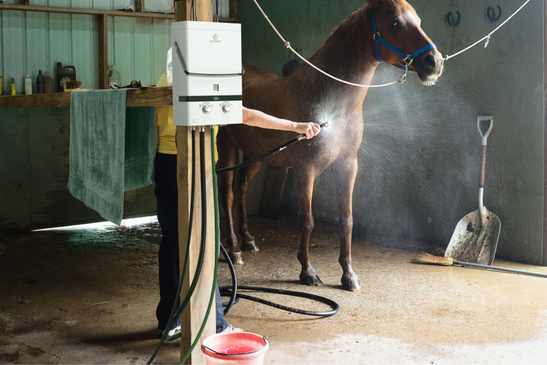
One way to make your horse more comfortable during the grooming process is using warm water for bathing instead of blasting them with ice-cold water from the tap. While horses might not mind being groomed during the chilly weather, they don’t like cold water any more than we do.
Having a steady source of heated water is also better for groomers. This gives them a better grip on grooming supplies, and for rinsing mud and debris their hands.
Having access to warm water is especially important if you frequently travel with your horse or live in an area prone to natural disasters. A portable hot water system is an easily transportable, cost-effective way to make sure your horse is well-groomed and happy wherever you go.
 Weekly Deals
Weekly Deals
 Water Heaters
Water Heaters
 Accessories
Accessories
 Installation
Installation
 Parts
Parts
 Protection Plans
Protection Plans
 Final Sale
Final Sale













